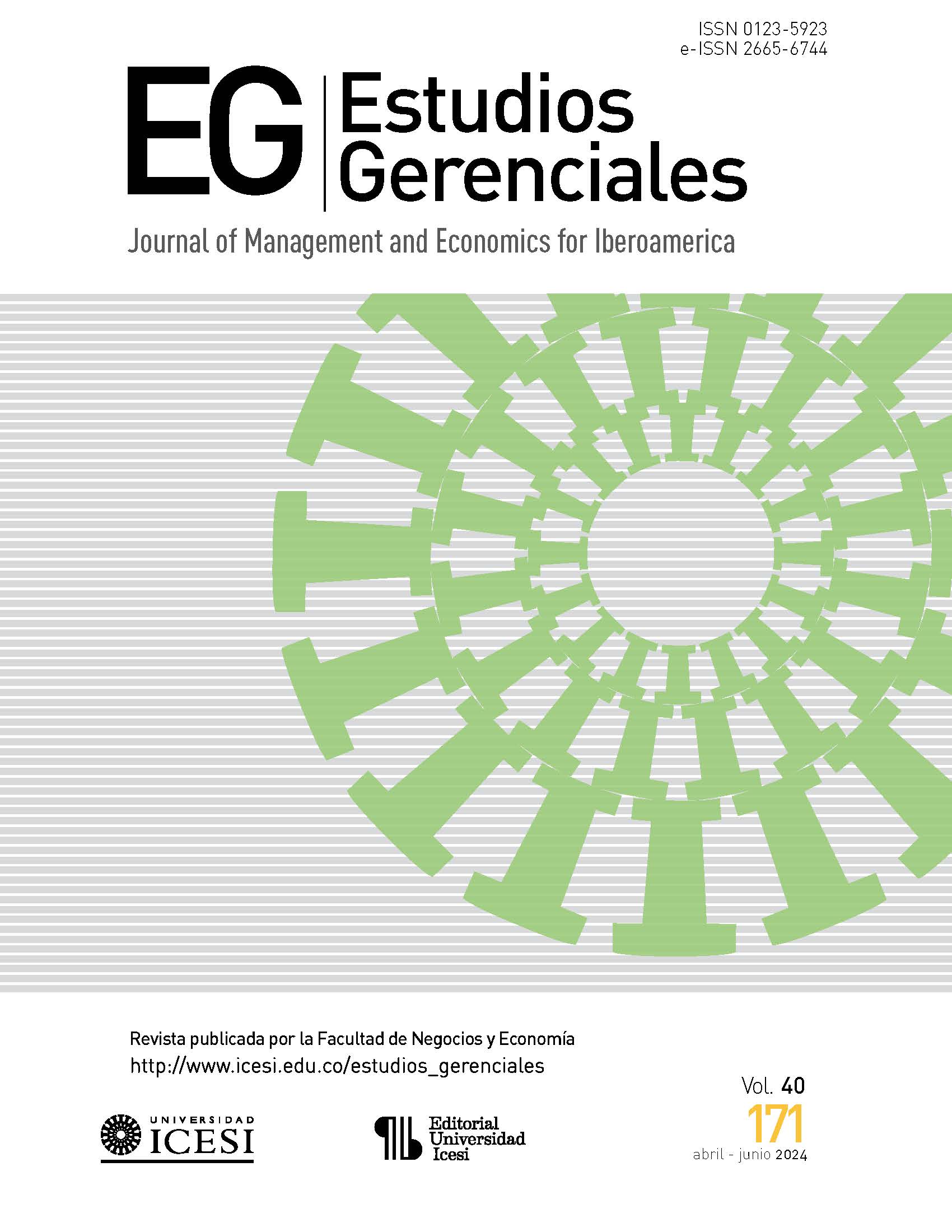Women on the board and disclosure based on gender in the light of Tokenism Theory
DOI:
https://doi.org/10.18046/j.estger.2024.171.6497Keywords:
corporate social responsibility, minority groups, female presence, board of directors, tokenismAbstract
The study examined the impact of minority representation, specifically women on corporate boards, on disclosing gender-related Corporate Social Responsibility (CSR) information. Data from 2,199 companies across 52 countries during 2010-2017 were analyzed. Using the Tukey-Kramer Post-Hoc test and pooled OLS regressions, the study revealed that a significant female presence positively influences gender-related CSR disclosure when it reaches a certain threshold. Conversely, in boards with low female representation, CSR disclosure is limited. The study contributes by discussing the importance of the presence of minority groups on the board of directors, relying on the Tokenism Theory. Furthermore, it supports the improvement of public policies for minorities and encourages conduct that seeks equal representation of women on boards.
Downloads
Downloads
Published
Issue
Section
License
Copyright (c) 2024 Estudios Gerenciales

This work is licensed under a Creative Commons Attribution 4.0 International License.
Articles are the sole responsibility of their authors, and will not compromise Icesi’s University principles or policies nor those of the Editorial Board of the journal Estudios Gerenciales. Authors authorize and accept the transfer of all rights to the journal, both for its print and electronic publication. After an article is published, it may be reproduced without previous permission of the author or the journal but the author(s), year, title, volume, number and range of pages of the publication must be mentioned. In addition, Estudios Gerenciales must be mentioned as the source (please, refrain from using Revista Estudios Gerenciales).








